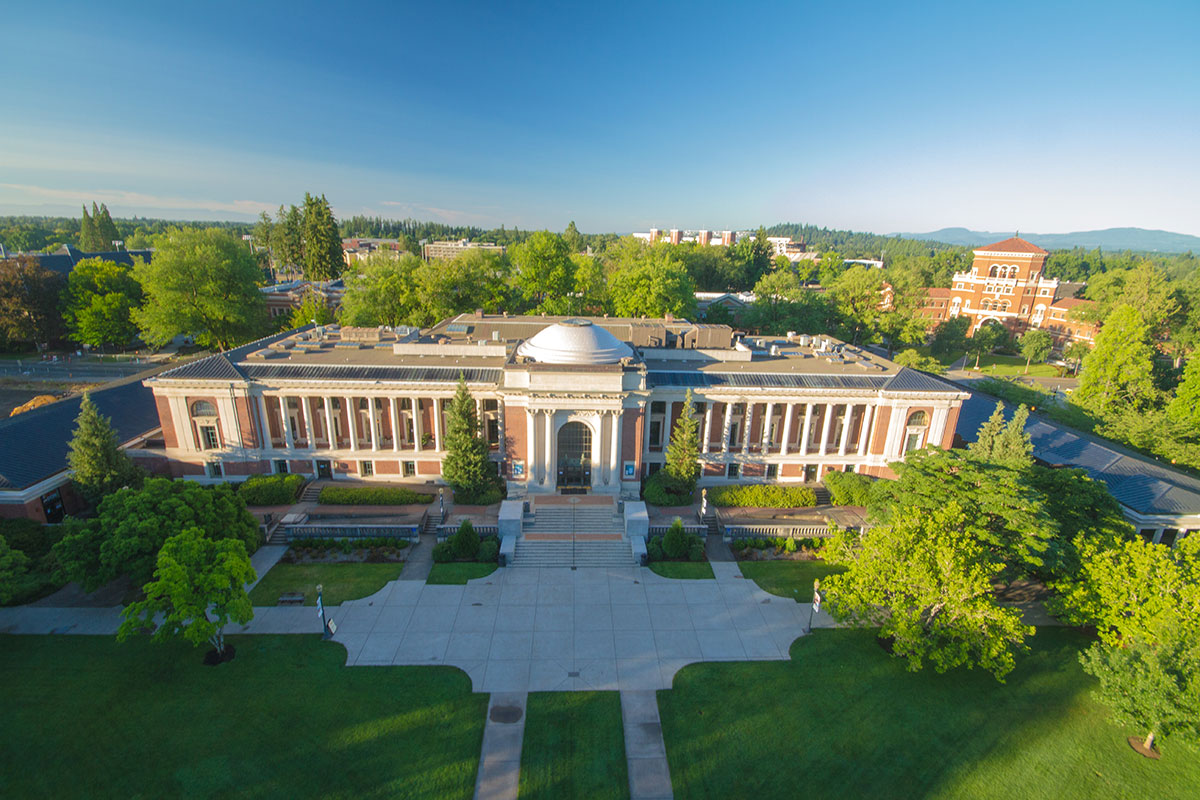By Lee Anna Sherman
“All my hurts
My garden spade can heal.”
Ralph Waldo Emerson
Musketaquid
Ralph Waldo Emerson was a cultivator and connoisseur of pears. His protégé Henry David Thoreau grew beans on the shores of Walden Pond. In the unfolding and fruition of plant life, these great 19th century Transcendentalists saw a metaphor for human life – and a glimpse of God. “Husbandry,” Thoreau wrote in 1846, “is universally a sacred art…”
So when David Robinson kneels, trowel in hand, to tend his hillside garden, the experience is not merely horticultural. It’s spiritual, too. And it links him to those eminent American philosophers and social reformers he has spent his career researching. “For me, as a gardener, one of the great moments in Walden is hearing Thoreau talk about protecting his beans from the woodchuck,” says Robinson, who holds the endowed Oregon Professor of English position at OSU.
His trenchant scholarship — which won him the prestigious Distinguished Achievement Award from the Emerson Society in 2005 — reveals not only the poetic and mystical sides of the Transcendentalists. In his most recent book, Natural Life: Thoreau’s Worldly Transcendentalism, Robinson makes clear their bent toward the scientific, as well — their meticulous observations of the physical world, their detailed recordings of nature’s processes. The place where the inner and the outer worlds unite, Emerson and Thoreau argued, is where the greatest truths exist.
“Both of them had a foot in each of these worlds,” Robinson says. “They were keen to show how that which science was discovering and proving confirmed that which they believed on philosophical grounds about ethical and spiritual questions.”
That unity of philosophy and science is what OSU’s Spring Creek project is all about, says Robinson, who directs the university’s Center for the Humanities. “Spring Creek is trying to reconnect people who are interested in the natural world and the environment — people who, because of the way modern life is structured, the way universities are compartmentalized, work inside their own disciplines,” Robinson says. “The project gets philosophers and biologists and poets and geologists talking together and finding common ground.”
(See “20/20 Vision”.)





